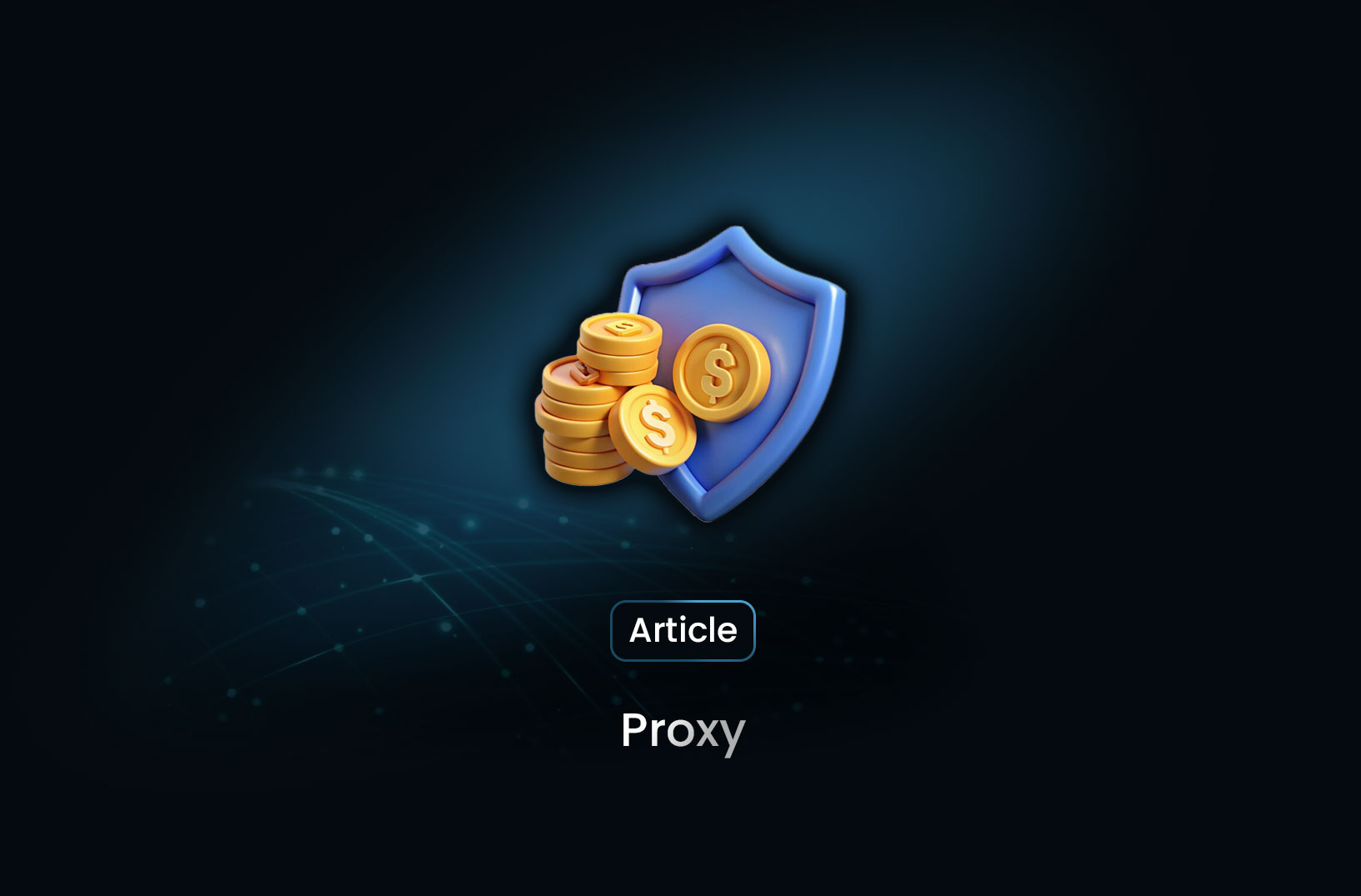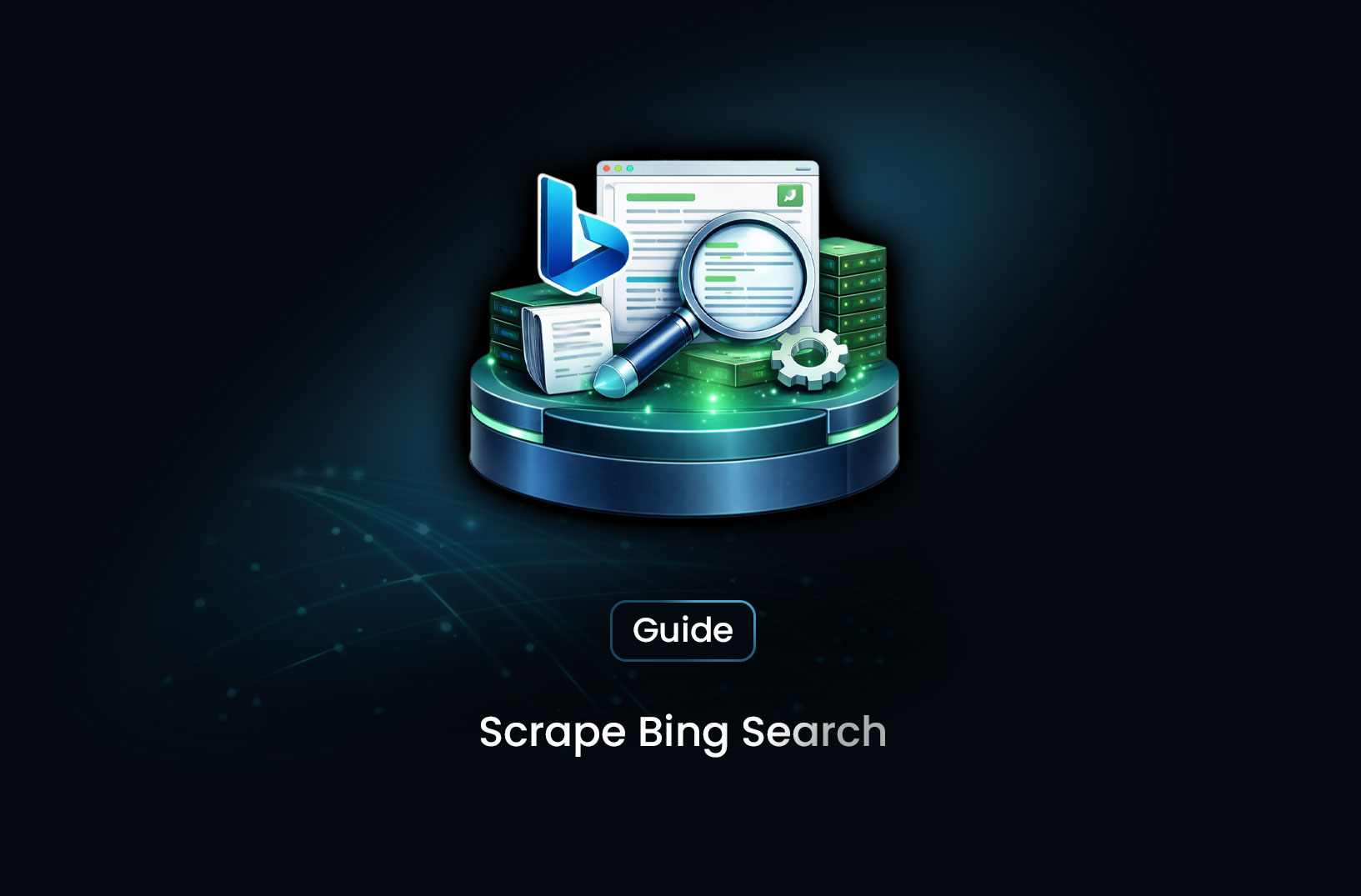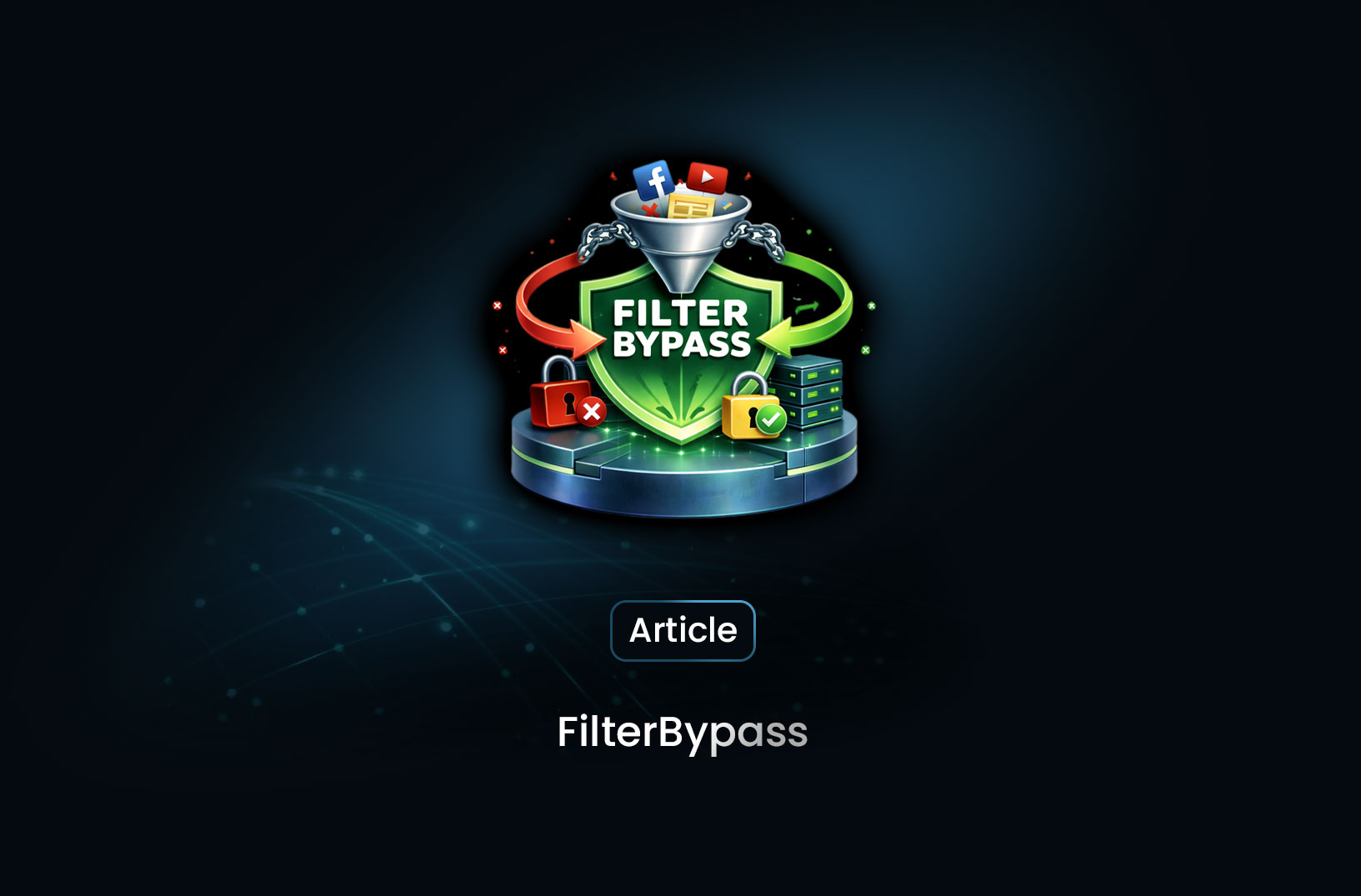
Free vs Paid Proxies for Web Scraping: Are Free Proxies Worth It?
ArticleFree proxies may seem cost-effective for web scraping, but are they worth the risks? Compare free vs. paid proxies in terms of reliability, speed, security, and anonymity to choose the best option for your scraping needs.
When choosing a proxy for web scraping, users often face a dilemma: should they opt for free proxies or invest in paid ones? While free proxies may seem attractive due to their cost-effectiveness, they come with limitations that can hinder scraping performance. This article compares free and paid proxies to help you decide the best option for your scraping needs.
Use Case: Scraping E-Commerce Data at Scale
A data analyst wants to scrape product prices from multiple e-commerce sites. They test free proxies first but encounter captchas, slow speeds, and frequent bans. Switching to a paid proxy service resolves these issues, allowing seamless data collection.
Comparison: Free vs. Paid Proxies
| Feature | Free Proxies | Paid Proxies |
|---|---|---|
| Reliability | Unstable, high downtime | Highly reliable, minimal downtime |
| Speed | Slow due to overcrowding | Fast with dedicated bandwidth |
| Security | Risk of data leaks, logging | Encrypted connections, no logs |
| IP Rotation | Limited, often static | Automatic rotation options |
| Anonymity | High risk of detection | Low detection risk with private IPs |
| Customer Support | None or minimal | 24/7 support available |
Risks of Using Free Proxies
- Frequent IP Bans: Many free proxies are overused and quickly blocked by websites.
- Data Theft Risks: Some free proxies log and sell user data.
- Unstable Connections: Free proxies often drop connections mid-scrape.
- No Customer Support: If a free proxy fails, there’s no support to resolve issues.
When Are Free Proxies Useful?
- Testing small-scale scraping scripts
- Accessing non-sensitive, low-security websites
- Learning and experimenting with proxy configurations
Why Paid Proxies Are Better for Scraping
- Rotating Residential Proxies: Mimic real users and avoid detection.
- High-Speed Datacenter Proxies: Ideal for large-scale scraping tasks.
- Dedicated Proxies: Ensure a unique IP that isn’t shared with others.
Setting Up a Paid Proxy in Python
import requests
proxy = {
"http": "http://username:password@paid-proxy.com:port",
"https": "http://username:password@paid-proxy.com:port"
}
url = "https://example.com"
response = requests.get(url, proxies=proxy)
print(response.text)
Conclusion
While free proxies may work for basic scraping tasks, they come with serious limitations. Paid proxies offer better security, speed, and reliability, making them the preferred choice for serious web scrapers.
For a hassle-free scraping experience with premium proxies and built-in rotation, consider using Mrscraper to streamline your data collection.
Find more insights here

Scrape Bing Search: A Practical Technical Guide
Bing scraping blocked? Discover how to bypass rate limits and bot detection to extract URLs, titles,...

FilterBypass: Unblocking Restricted Sites in a Simple Way
FilterBypass is a free web proxy that acts as an intermediary between your browser and the target si...

YouTube.com Unblocked: Accessing YouTube When It’s Restricted
Learn how to access YouTube unblocked on school, work, or regional networks. Explore VPNs, proxies,...
